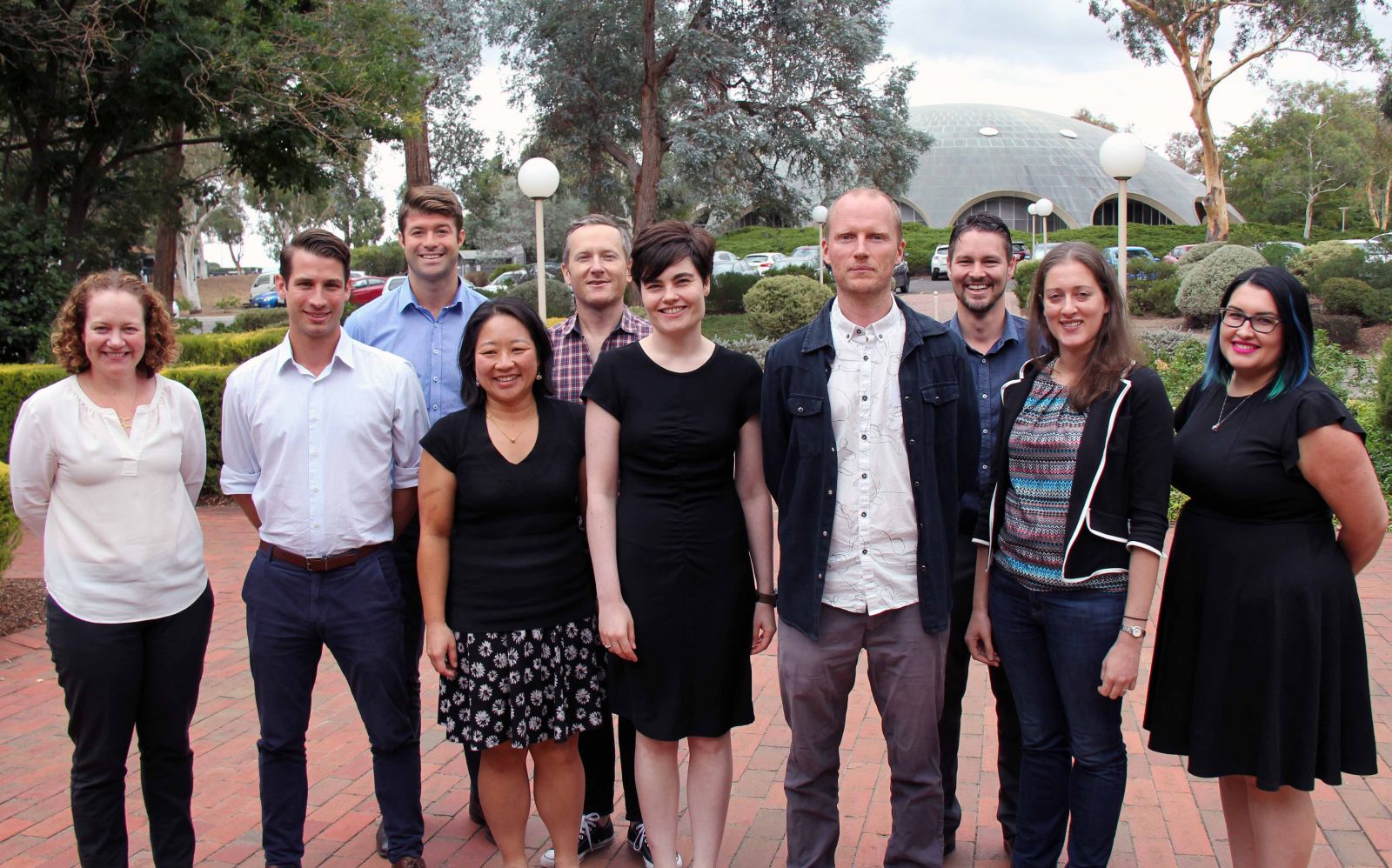

Drew Evans
EMCR Forum Chair
@ScienceByDRE
Here at EMCR Forum headquarters, we often describe ourselves as ‘the voice of Australia's early- and mid-career researchers’, but what does that actually mean?
Well, part of the work we do includes making submissions to government on issues that are relevant to EMCRs in Australia. This mechanism allows the EMCR Forum to express our concerns, share solutions and highlight actions that can make a positive difference for researchers. Each submission comes with its own challenges, but it is all worth it at the end, especially when our voice is heard and recognised.
We realise that the mechanism of ‘making a submission’ can seem somewhat mysterious, so we thought it would be useful to share our experience working on our submission to the inquiry into funding Australia’s research. This is a great example of the work the Executive and Representative Network does, your role in the submission process, and what happens after we press ‘submit’.
In July this year a parliamentary inquiry into funding Australia’s research opened for consultation. The life of this submission to government started as many others do in the Forum, with the creation of a responsible subgroup within the Forum’s Executive team. Together we identified the relevant terms of reference that we wanted to address and our key messages, in this case the administrative burden of competitive grant processes in Australia from an EMCR perspective and the importance of equity, diversity and inclusion in STEM.
We surveyed our members (i.e. you) with four free-text questions, receiving almost a hundred responses. This was a terrific resource, and crucial for informing our understanding of how these issues impact EMCRs in Australia. Analysing the responses and writing the report was a collaborative effort with lots of spirited discussion and many edits and revisions on the way to a final polished piece. Pivotal to this was Dr Renaud Joannes-Boyau, one of our Representative Network members, who answered our call for help to assist with survey analysis, the Academy’s policy team, and Google Docs; as we are scattered across the country the ability for multiple people to edit a single online document is crucial!
Post submission, the Forum was invited to appear as a witness at a Public Hearing before the House of Representatives Standing Committee on Employment, Education and Training. Here I had the privilege of communicating in person to the gathered parliamentarians the key messages of the Forum’s submission. Having never participated in this type of hearing before, we were quick to call on the Academy’s policy team to brief us on the format and what to expect. You can read the transcript of the discussion, which is recorded in the Committee Hansard. In the days following the meeting, the Forum followed up on some additional points regarding the important of diversity in STEM by writing a letter to a committee member.
The resulting report, released in November 2018, shows that the Committee made EMCRs prominent in their discussion. They gave careful consideration to the Forum’s submission and thus to the information that our members communicated to us via their survey responses. The Committee recommended targeted support for EMCRs—for example, rewarding proposals that include EMCRs and reweighting of track record metrics (Recommendation 7). The report also specifically recognised the importance of under-represented groups including EMCRS, Indigenous researchers, women, minority groups and those at rural and regional universities and called for peer reviewers to be mindful of this, and for funding agencies to report success rates for these groups (Recommendation 8.) The next steps in the process will be set by how the government chooses to act on the recommendations of the report, and our role is to continue to contribute to those discussions.
This a great achievement and encourages us to keep working hard to continue making a difference.
How can you help? We are constantly working to increase our membership base to be able to reach more EMCRs. With your help, we can use the Forum’s voice to amplify your own, empowered by the information that you share with us via conversations, email, Twitter and surveys. We can all be part of the conversations that affect us. Let’s keep talking everyone!
© 2025 Australian Academy of Science